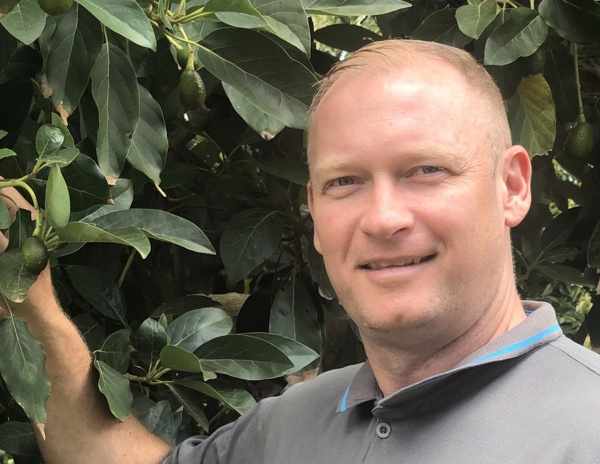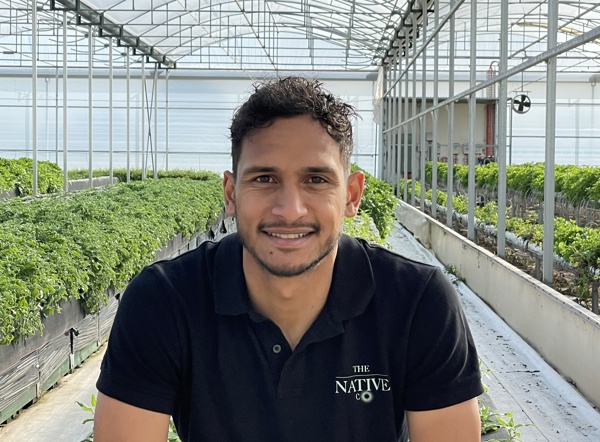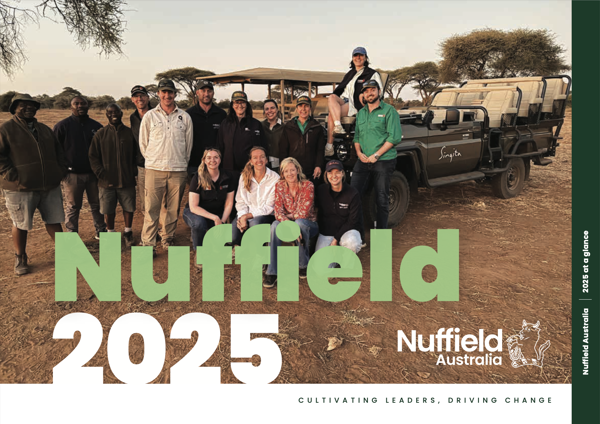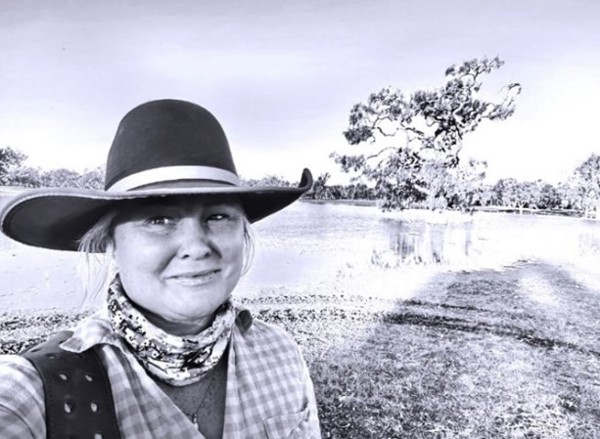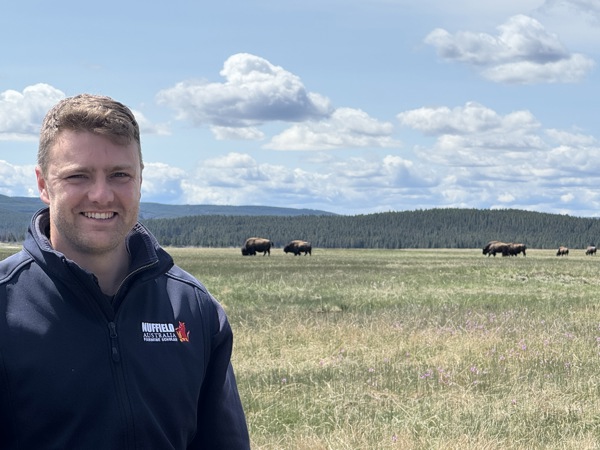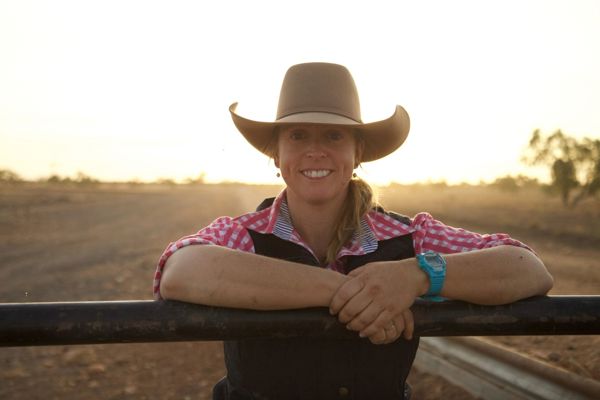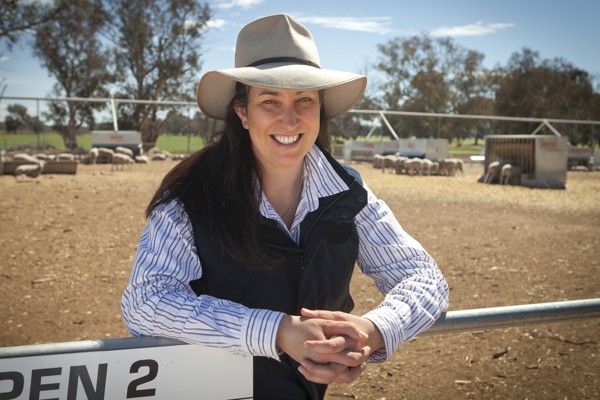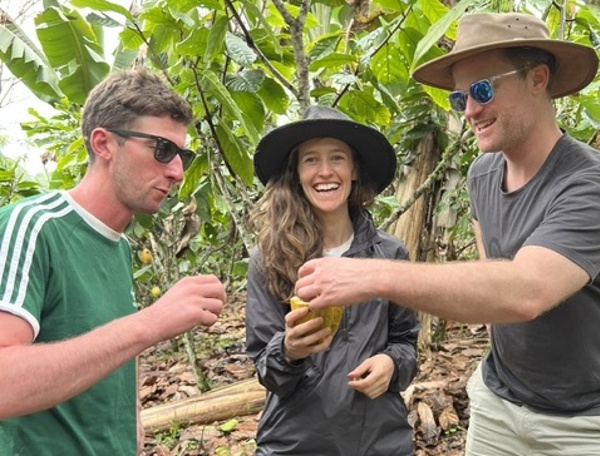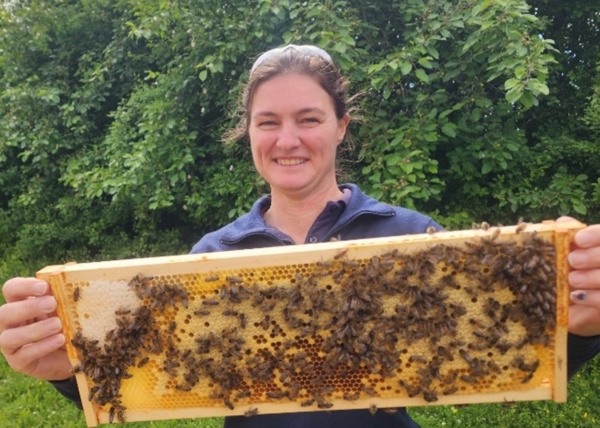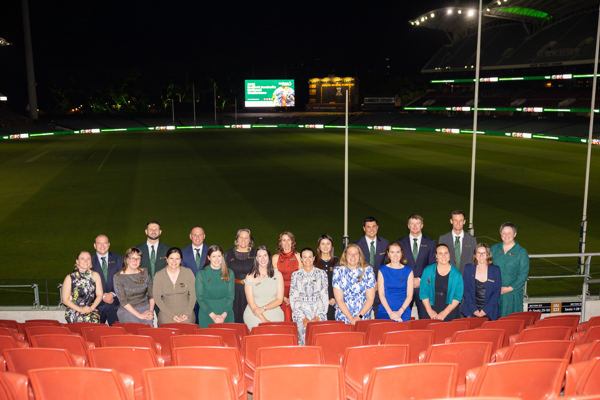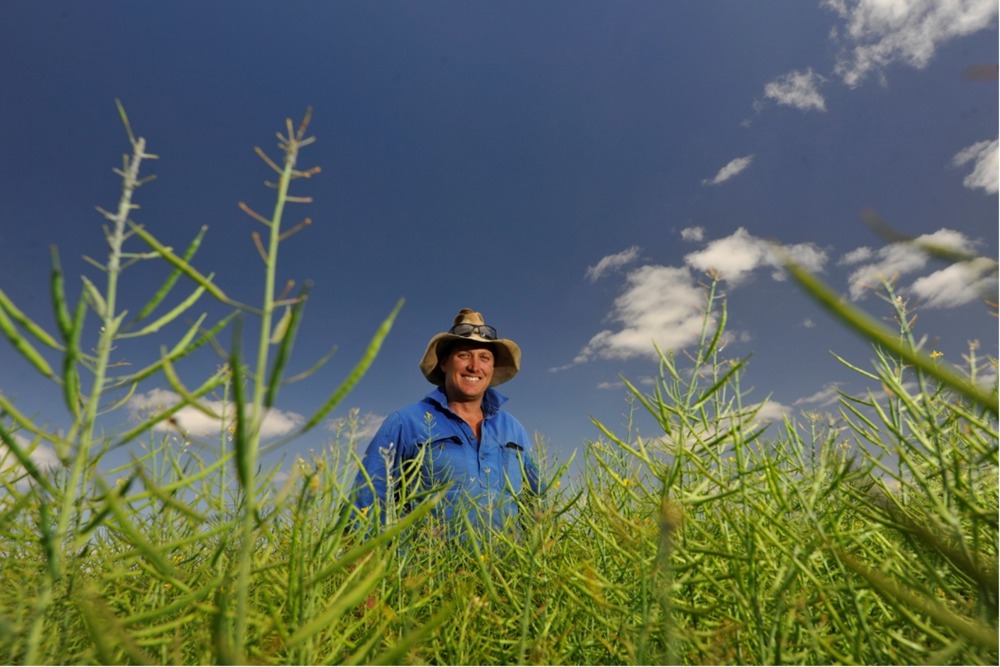
Grazing crops to fill a winter feed gap in a changing climate
“Done well, grazing crops is a risk-management tool: it diversifies income, delays flowering to dodge frost, and makes busy sowing and harvest periods more manageable.”
Victorian mixed farmer and 2020 Nuffield Scholar, Dustin Pascoe, has released new research on how grazing crops can lift whole-farm profitability while reducing risk in variable seasons. Supported by the Grains Research and Development Corporation (GRDC), Dustin’s work shows how early-sown wheat, oats, barley and canola can be grazed to produce high-quality feed, then taken through to grain without compromising outcomes when managed well.
Dustin farms at Raywood, northern Victoria, where integrating livestock into broadacre cropping has helped fill critical winter feed gaps and improve time management at sowing. The report explains how early establishment builds biomass. Livestock then remove excess growth during low pasture periods. Crops are locked up in time to recover and finish. The approach widens planting windows, diversifies income, and spreads risk across livestock and cropping enterprises.
The research highlights key agronomic benefits. Grazing can delay flowering by 7–14 days, helping avoid frost at the vulnerable stage. In some seasons and systems, final grain yield has held or even increased. Harvest logistics can improve due to lower bulky biomass, and nutrient cycling from grazing adds further value.
Dustin also details the risks and how to manage them. Timing matters. Grazing before Zadoks GS30 avoids damaging the first node. Close animal monitoring is essential to manage metabolic disorders on lush feed. Weather, weed competition, and infrastructure needs must be factored into plans. The report sets out practical rules of thumb and real-farm examples from Australia and abroad.
His study draws on visits to Australia, New Zealand, Singapore, France, England, Ireland, Scotland, Canada and the United States of America, meeting producers and researchers trialling grazing systems in mixed enterprises. The findings provide a clear framework for farmers asking when, where and how grazing crops can work on their farms.
Dustin presented his findings at the 2023 Nuffield National Conference in Perth, Western Australia.
Dustin’s full report is available on the Nuffield Australia website.
